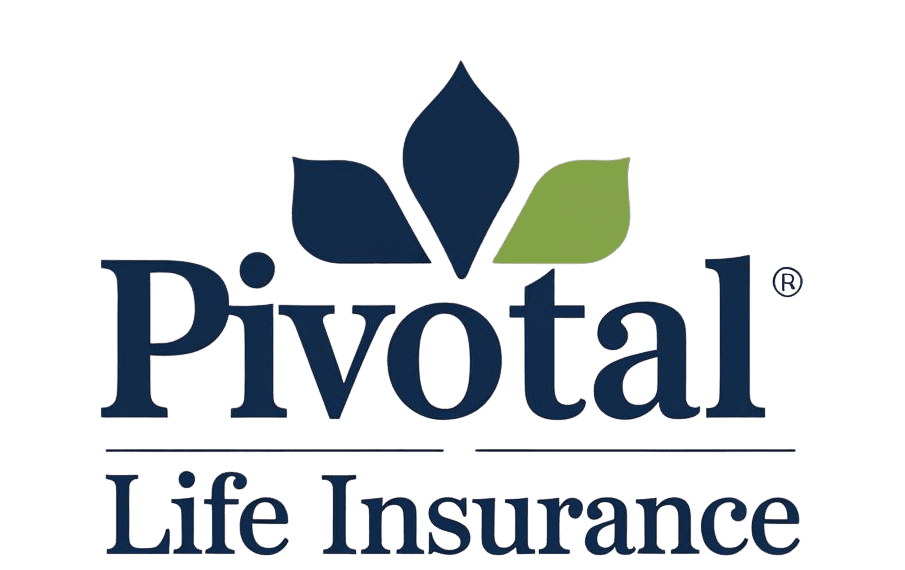Life insurance is a critical tool for financial security, but past drug use can make obtaining coverage feel complicated. Many former users worry about approval, premiums, and whether claims could be denied. Understanding how life insurance companies assess risk and what options are available can turn this challenge into a manageable process. In this article, you will learn practical steps to find policies suited for former drug users, increase your chances of approval, and safeguard your beneficiaries.
Key Takeaways
Several life insurance options exist for former drug users, from guaranteed issue to standard term policies.
Proof of recovery and lifestyle improvements greatly enhance approval chances.
Working with brokers and comparing policies ensures you find the best fit.
Transparency is crucial to avoid claim denial.
What Is Life Insurance for Former Drug Users?
Life insurance for former drug users refers to policies available to individuals who have a history of drug use but are currently in recovery or clean. These policies recognize that past behaviors may affect risk assessments but do not automatically exclude applicants. Insurers evaluate factors such as:
Time since last drug use
Current lifestyle and habits
Health records and medical examinations
Participation in rehabilitation programs
This evaluation helps insurers determine appropriate coverage and premiums while protecting the policyholder from claim denial.
Life insurance is essential for financial security, but a history of drug use can make getting coverage feel intimidating. Many former users worry about approval, premiums, and claim denials. The good news is that options exist, and with the right approach, you can secure a policy that protects your loved ones. This article explores practical life insurance solutions for former drug users, tips to improve approval chances, and how to avoid claim issues.
Life Insurance Options for Former Drug Users
Here are concrete options to consider:
1. Guaranteed Issue Life Insurance
What it is: No medical exams or health questions; acceptance is almost guaranteed.
Who it suits: Applicants with a recent history of drug use or serious health concerns.
Pros: Quick approval, low barriers.
Cons: Higher premiums, lower coverage amounts (usually $5,000–$25,000).
Example providers: AARP Life, Colonial Penn, Mutual of Omaha
2. Simplified Issue Life Insurance
What it is: Applicants answer limited health questions; no full medical exam required.
Who it suits: Former drug users with a few years of recovery and improved health.
Pros: Moderate premiums, faster approval than traditional policies.
Cons: Coverage is limited compared to standard policies.
Example providers: Foresters Financial, Transamerica, Banner Life
3. Standard Term or Whole Life Insurance
What it is: Traditional policies with medical underwriting.
Who it suits: Former users with long-term recovery (3+ years), stable health, and no major complications.
Pros: Higher coverage amounts, lower long-term costs if healthy.
Cons: Approval can take longer and may require higher premiums initially.
Example providers: Prudential, John Hancock, MassMutual
4. High-Risk or Substandard Life Insurance
What it is: Policies specifically designed for individuals considered higher risk due to past behaviors.
Who it suits: Those recently in recovery or with medical complications.
Pros: Coverage is possible despite risk factors.
Cons: Premiums are higher than standard policies.
Example providers: American National, Assurity, Mutual of Omaha
Tips to Increase Approval Chances
Be honest about your history – nondisclosure can lead to claim denial.
Provide proof of recovery – rehab completion certificates, negative drug tests, and letters from doctors strengthen applications.
Maintain a healthy lifestyle – regular checkups, exercise, and avoiding substances improve your risk profile.
Work with specialized brokers – they know which insurers are more flexible with former drug users.
Compare multiple providers – different insurers weigh risk differently, so shop around for the best combination of coverage and cost.
Can Life Insurance Claims Be Denied Because of Past Drug Use?
Yes, but typically only if:
Past drug use was not disclosed on the application.
Drug use directly contributed to death or related complications.
Policy terms include specific exclusions for substance abuse.
Being upfront and maintaining a clean record minimizes the risk of denial.
Common Challenges
Many former drug users face hurdles when applying for life insurance, including:
Claim Denials: If drug use is not disclosed or detected during underwriting, insurers may refuse a claim.
Higher Premiums: Some companies classify former drug users as higher risk, resulting in increased costs.
Limited Options: Standard term life policies may not always be available, requiring specialized high-risk insurance.
Steps to Secure Life Insurance
1. Be Honest About Your History
Transparency is essential. Insurers require accurate disclosure of past drug use, treatment history, and recovery duration. Concealing information can lead to denied claims later.
2. Choose the Right Type of Policy
Consider these policy options:
Guaranteed Issue Life Insurance: No medical exams required, ideal for high-risk applicants.
Simplified Issue Life Insurance: Limited health questions, faster approval.
Standard Term or Whole Life Insurance: Available for applicants with clean records and stable recovery.
3. Provide Proof of Recovery
Documentation can strengthen your application, such as:
Completion certificates from rehab programs
Negative drug test results
Letters from medical professionals or counselors
4. Improve Your Health Profile
Insurers favor applicants who demonstrate lifestyle improvements:
Regular medical checkups
Healthy diet and exercise
Avoidance of alcohol or recreational drugs
5. Shop Around and Compare
Different insurers assess risk differently. Use:
Online insurance comparison tools
Independent insurance brokers specializing in high-risk coverage
Reviews and testimonials from former applicants
6. Ask About Policy Riders
Riders can enhance coverage, for example:
Accelerated Death Benefit: Access funds if diagnosed with a terminal illness
Waiver of Premium: Keeps the policy active if you become disabled
Practical Tips for Applicants
Keep a recovery timeline ready for insurers
Maintain medical records and negative test results
Work with brokers experienced in high-risk insurance
Reapply after improving your health profile for better rates

